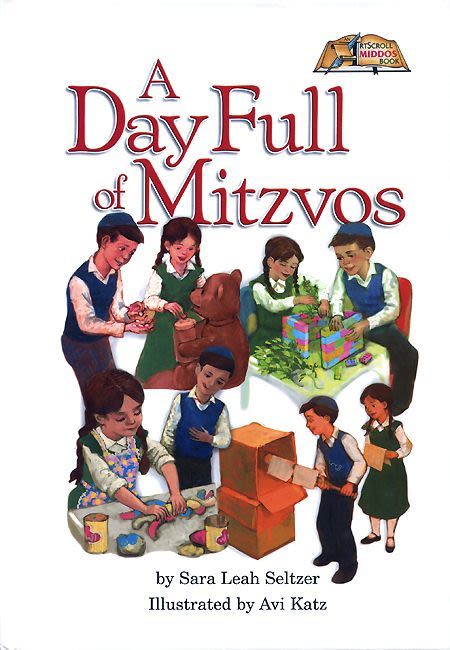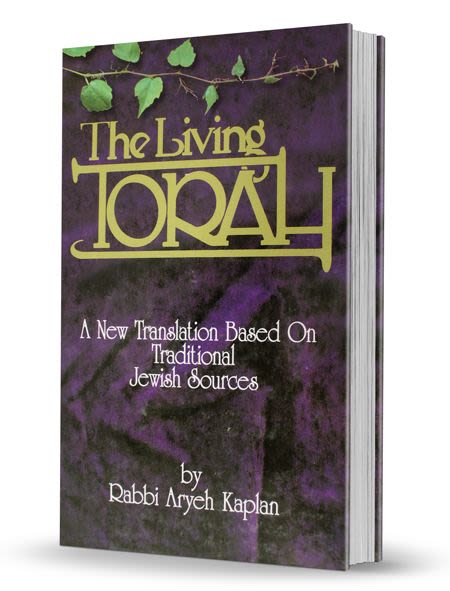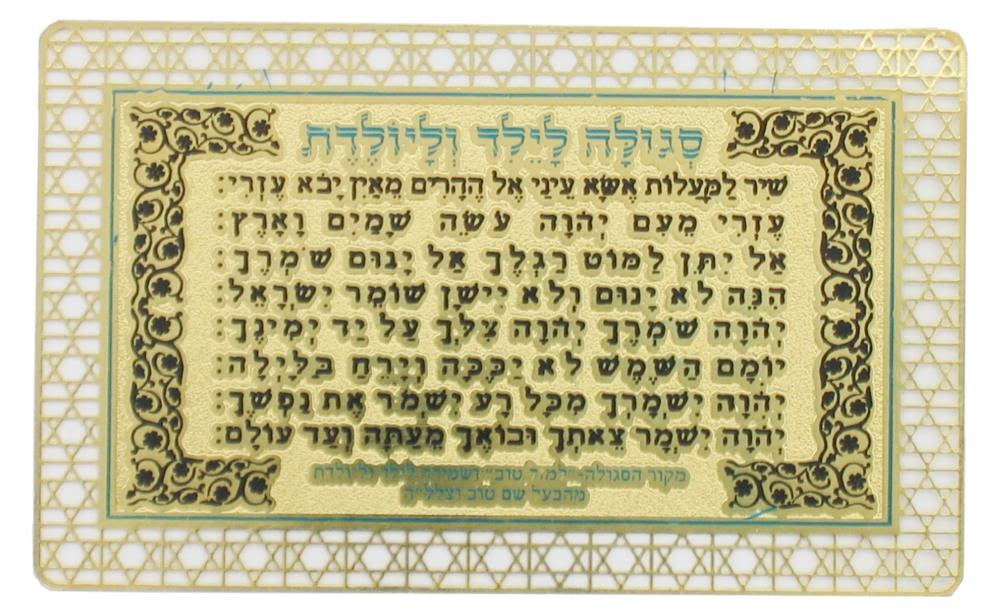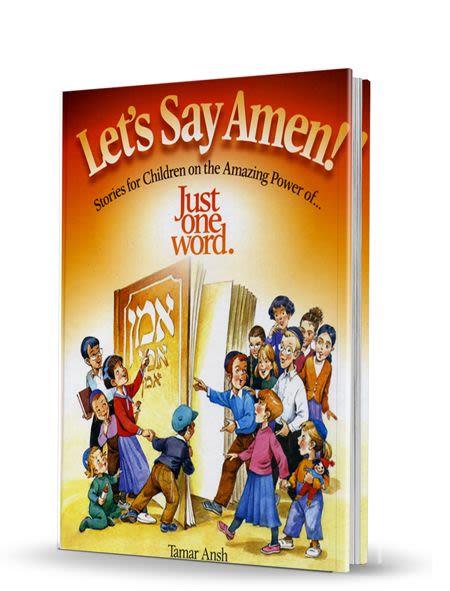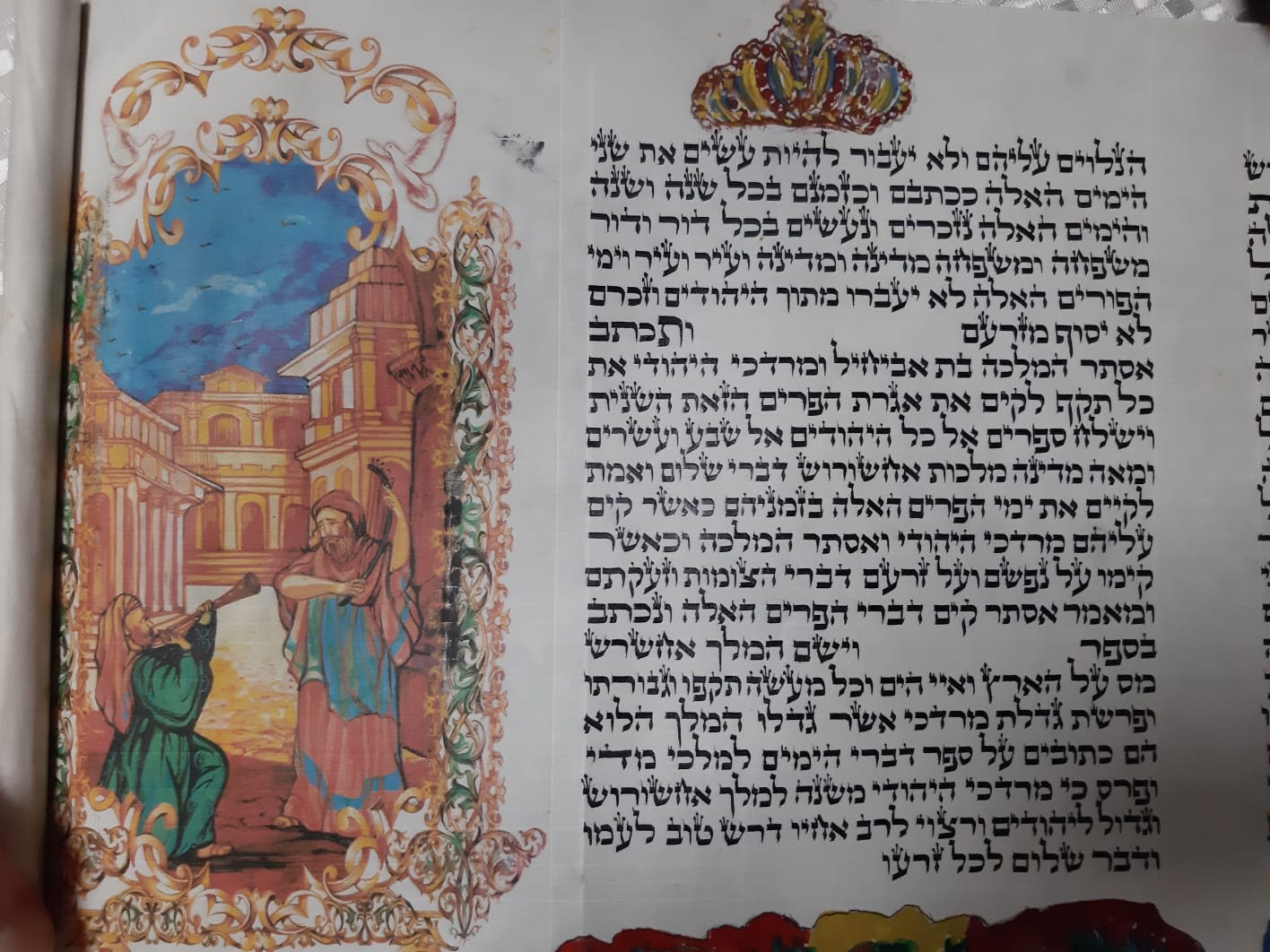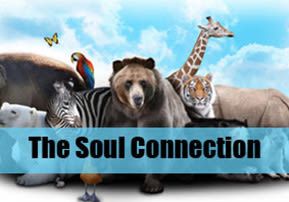
Noach: The Soul Connection
Noach was told to bring animals from all of the animal kingdom. They didn't randomly come but, in fact, were connected to Noach's spiritual world...

We are aware of the story and righteousness of Noach. In the face of total moral degradation and decay, Noach stayed fully committed to Hashem and to living an exemplary life. However, how many of us know that Noach is compared to and represents the same concept as the Sabbath? This is what our Sages tell us, however the parallel seems strange. What does this idea mean?
Also, a related but somewhat different question. What's the simple reason Jews keep the Sabbath? I assume this readership is able to answer without too much difficulty. Since Hashem "worked" for six days, creating the world, and on the Seventh Day He rested, we also work for six days and rest on the seventh. Based on this well-known idea, why isn't all of mankind commanded to keep the Sabbath? Shouldn't everyone in the world be required to resemble their Creator through Sabbath observance? I'm not referring to billions of people who have some day of rest. The issue is, why doesn't the Torah obligate every single person to guard and sanctify the Sabbath?
Let's draw on the insights of Rabbi Tzadok HaKohen Rabinowitz of Lublin (1823-1900) to attempt some  answers to these questions.
answers to these questions.
What is a person's relationship with his property, his children and his spouse? We usually think that these things are connected to us, to a large degree, by chance or possibly even providence. We assume that although we own a Ford, we could have just as easily ended up with a Toyota. Rabbi Tzadok says that this is not the case.
All the members of our families, everything we own, even our inanimate possessions are a reflection of our individual, unique souls. Whatever is ours is ours not because we simply have legal or property rights but due to its connection to our very essence. I don't know the difference between a "Ford" soul and a "Toyota" soul, but somehow those outer differences reflect inner distinctness.
Noach was told to bring animals from all of the animal kingdom. They didn't randomly come but, in fact, were connected to Noach's spiritual world. For example, the Sages tell us that all of the species at the time of the flood were mating with different breeds. The animals that were allowed into the ark were only those that remained pure and maintained the boundaries of propriety. This wasn't due to a moral choice on their parts, but a reflection of the purity of Noach which spread out and incorporated these animals.
A fascinating note is made about Isaiah's prophecy concerning the end of time. "The wolf will live with the sheep and the leopard will lie down with the kid, and a calf, a young lion, and a fatted cow will be together." This beautiful vision of the future has a deeper meaning according to Rabbi Tzadok. If we postulate that domesticated animals are an extension of their master, the existence of wild animals reflects the fact that man has not yet fully developed his spiritual world to include and subjugate all of the animal kingdom. The prophet tells us that at the end of time, mankind will be so spiritually advanced that even the non-domesticated animals will become tame and absorbed into man's world. For this reason there will be peace among animals since there will be an inner and outer peace in man.
This awareness of the organic unity of man and his individual world was something that Noach both understood and embodied. His bubble in time, the ark and all its inhabitants, became the seed from which all of mankind sprouted. Shabbat too is a bubble in time. It is comprised of the unit of family, servants and possessions which are an expression and extension of the Sabbath observer. We are commanded to do much more than rest. We are supposed to develop a consciousness of the interconnection of life in general and our specific lives in particular. I think this is what is meant by the Torah's command: "Don't do work, you, and your son and daughter, your male and female servants, and animals…" This verse is not a list of different units but different expressions of one unit.
Undoubtedly, it's healthy for everyone, Jew and non-Jew alike, to have time off from their weekday schedules. But that's not what Shabbat is really about. The Jewish people aren't commanded to set aside 24 hours to sleep and eat good food. Of course, this is a beautiful part of Shabbat. Truthfully, we are called upon to make for ourselves a miniature, weekly ark and place ourselves and all of our possessions inside and live in a world of oneness. The Jewish people, at Mt. Sinai, took upon themselves the goal of teaching the oneness of Hashem to mankind. Because of that commitment we were treated by Hashem with a taste of that oneness once a week.
Noach taught man that who we are is what we create and the Shabbat teaches us that all we have is really who we are. These ideas reflect why our Sages speak of Noach as another expression of Shabbat.
May the lessons of Noach and Shabbat be revealed through our growing awareness of the interdependence of life and may we merit to see the true oneness of all of Hashem's world.






